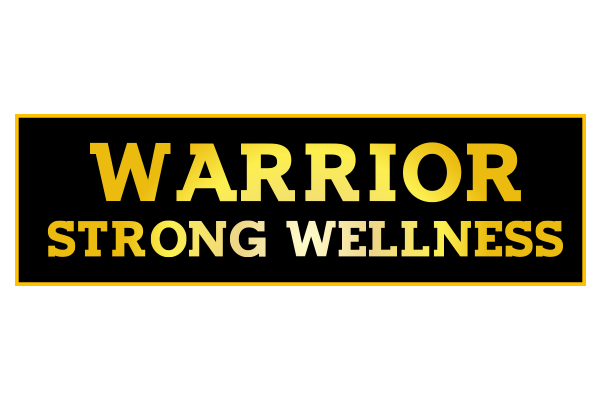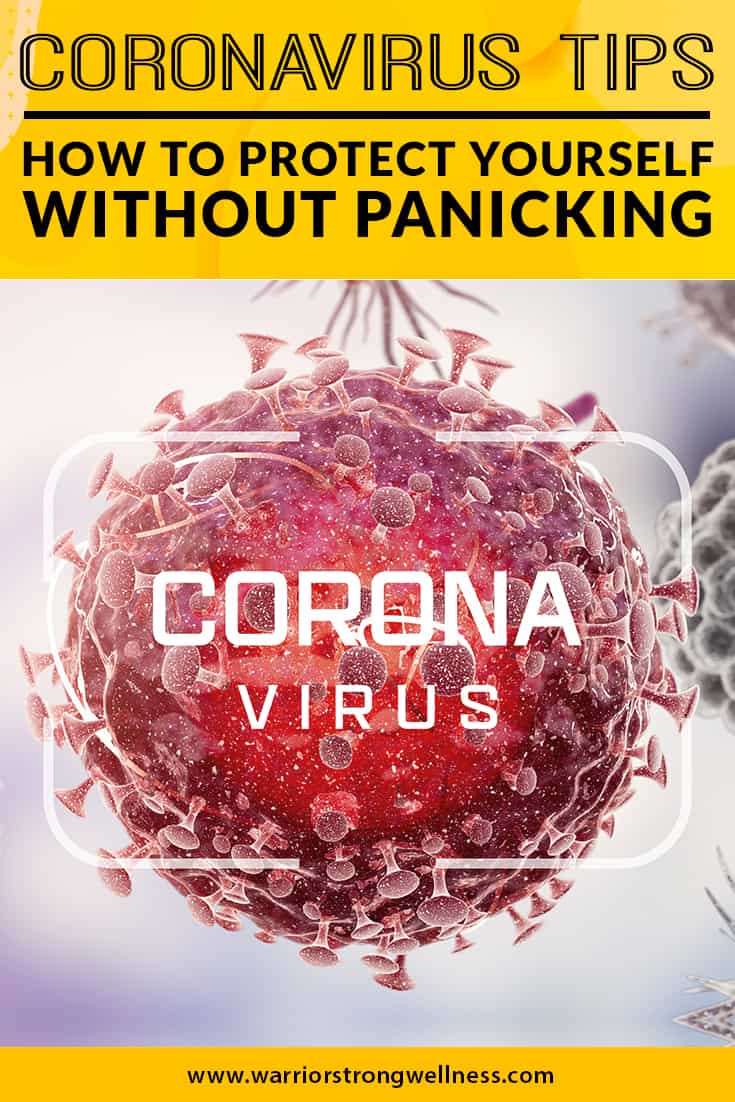The Internet is a wealth of useful information for many different things. Unfortunately, when it comes to medical matters, there can be people who lean toward two different extremes – neither of which are good.
On the one hand, you get people who downplay the seriousness of diseases like the novel coronavirus (COVID-19). This can lead to a faster spread of the disease due to ignorance and a lack of proper preparation.
On the other, you end up with fearmongering. Whether the goal is to scare you into taking action or into buying some overpriced product that may or may not even help, this is not a good approach either. Panic buying results in people hoarding supplies that they may not even need and that others who are in need will now have to go without.
Let’s look at some real information about coronavirus so that you can take appropriate steps to protect yourself and your family. At the same time, you can avoid the fear and uncertainty that comes when misinformation bombards us from all sides.
Current Coronavirus Statistics (as of March 10, 2020)
As of the writing of this article, here are the most up-to-date statistics regarding the novel coronavirus both here and abroad. For more info, here is a live COVID-19 statistic counter.
- Currently, there have been 116,897 confirmed cases of COVID-19 globally
- The novel coronavirus has caused 4,095 deaths to date
- After China, Italy has the most cases of coronavirus with over 9,000
- There are 729 cases in the United States, 27 resulting in death
Is Coronavirus Just Another Flu?
Unfortunately, some people have compared coronavirus to the common flu in order to downplay the seriousness of this health condition. It is true that the CDC estimates 34 million or more people have had the flu since the autumn of 2019, and over 20,000 have died. On the surface, this makes the flu seem much worse because of the sheer numbers. However, 20,000 deaths among tens of millions of patients is a mortality rate of less than 0.1%. How does this compare with COVID-19?
Based on the statistics from the CDC, the coronavirus has a mortality rate of 3.4% - about 34 times that of the flu. That means the coronavirus is significantly more dangerous. It also puts certain groups at a much higher death rate. For example, current statistics reveal that coronavirus kills 8% of those in the 70-79 age group who contract the disease and 14.8% of those who are age 80 and older.
So while younger people who are healthy have limited risk, you still don’t want to pass this condition on to others. How can you protect yourself and others, particularly older ones, or those with chronic health ailments?
Reducing the Risk of Contracting Coronavirus
There are a number of ways that you can reduce your risk of infection. Here are some do’s and don’ts from the CDC website.
- Do practice social distancing – The recommendation is maintaining a radius of about six feet, so avoid close contact with others if they appear to be ill.
- Do clean your hands often – This means using soap and water and scrubbing your hands for at least 20 seconds. If you can’t get to a sink and soap at the moment, you can use an alcohol-based sanitizing gel. Make sure it is at least 60% alcohol to ensure effectiveness.
- Don’t touch your eyes, nose, or mouth.
- Do stay home if you are sick. Call your healthcare provider instead of showing up without warning! If you need medical attention, follow the steps outlined here.
- Do wear a facemask if you are sick or if you are caring for someone who is ill.
- Don’t hoard facemasks. This will limit the supply available to medical personnel and those who are sick.
- Cover your cough or sneeze with a tissue, throw it away, and immediately wash your hands or use hand sanitizer. You should do this even if you don’t feel sick.
- Keep your home and surroundings clean and disinfected. Focus on places that everyone touches, such as doorknobs, handles, phones, keyboards, light switches, faucets, and the like.
- Limit international travel to essential travel only. The CDC website will inform us of locations to avoid flying due to an increased risk of disease.
There are also some general things that you can do to strengthen your immune system. Here are a few tips.
How to Boost Your Immune System
Harvard health makes the following recommendations for a healthy immune system:
- Sleep 7-8 hours per night
- Manage stress
- Do not smoke or overindulge in alcohol
- Exercise daily
- Maintain a health bodyweight
In addition to following these essential suggestions, you may also be able to boost your immune system with daily supplements. Check the Warrior Strong Wellness shop for some great immune system boosting supplements.
While the coronavirus can be scary, we hope our article today has helped you to have a better understanding of how to deal with this condition. Apply the guidelines from the CDC to protect yourself and your loved ones. Don’t underestimate the dangers of this health condition, but don’t be fooled by fearmongers either.
If communities work together to share accurate information and reduce the risk of the spread of this disease, it can limit the overall effect, so be careful and smart in how you react to the ongoing threat of COVID-19.



